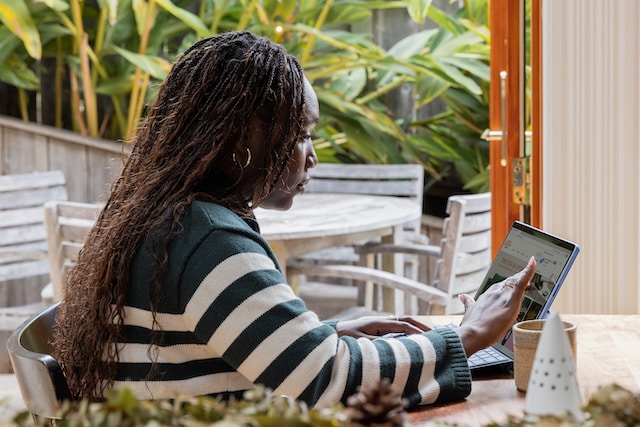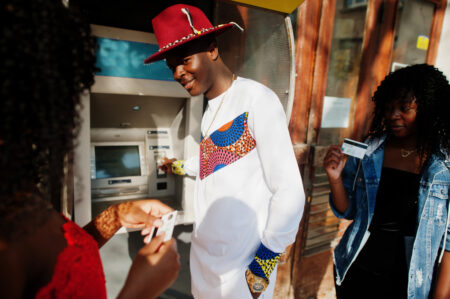Banking and networking platform Guava recently announced the launch of a new community web platform dedicated to supporting Black-owned businesses.
Known as Huddle, the new platform helps Black business owners with expanding their stores. One of the new platform’s main purposes is to connect with others to help the entrepreneurs work alongside each other, relying on their peers for mutual support.
Using Huddle, Guava’s aim is to help Black-owned businesses with any barriers that might prevent them from growing their reach. Through the platform, the banking company will offer membership discounts, extra business advice through live events and masterclasses as well as increased access to networking options. Using Huddle, Black-owned businesses will also be able to get access to extra resources in general.
The idea for the platforms grew as a result of the recent years of the trajectory of Black-owned businesses, according to founder and CEO of Guava Kelly Ifill.
“Small business owners have faced unprecedented challenges over the last three years, from business closures, to supply chain issues, to inflation,” said Ifill in a statement. “Black business owners have faced the same challenges while also fighting an uphill battle against unconscious bias, structural challenges, and institutionalized racism.”
“We built Huddle so these entrepreneurs can connect, collaborate, and learn from each other, while also celebrating and supporting our collective achievements,” she added.
Black-owned businesses have been on the rise in recent years in the U.S. According to a May report by Brookings, the rate of Black-owned businesses increased exponentially in the latest data tracking the number of businesses from 2017 to 2020.
Overall, the number of businesses owned by Black Americans increased the most out of any other racial or ethnic group, recording an increase of nearly 14%. The percentage is a stark contrast compared to the 0.53% increase of total businesses started during the three-year span.
Black-owned businesses also employed the most people, adding approximately 1.32 million people to their companies and creating nearly 49,000 new jobs to contribute to $1.7 billion of the total U.S. payroll.
Black women were significant contributors to this rise, increasing the amount of Black-women-owned businesses by approximately 18%.
Still, despite the increase, Black-owned businesses continue to struggle with issues such as gaining access to capital. Although there was an increase in capital given to Black-owned businesses around the height of the Black Lives Matter movement, the amount given decreased dramatically by the end of 2022, according to CNBC.
“Philanthropic funding certainly provided temporary relief, but we’re not going to ‘nonprofit’ our way to better business outcomes,” wrote Brookings researchers in their latest report. “Philanthropic giving must encourage the kind of structural change at the federal, state, and local level that will allow the economy to work for everyone.”








